- Behind the Builsa South District Assebmly
- +233207896899
- admin@vboyouth.org
Empowering Smallholder Women Farmers in Ghana: A Step Towards Sustainable Agriculture
Introduction
Agriculture forms the backbone of many developing economies, and in Ghana, smallholder farmers are pivotal to the sector. However, women, who constitute a significant portion of these farmers, often face barriers that limit their productivity and access to agricultural extension services. Addressing these challenges is crucial for sustainable development. This blog post delves into a project aimed at empowering smallholder women farmers in Builsa South District of the Upper East Region of Ghana, enhancing their access to vital agricultural extension services.
The project, part of a larger initiative titled “Farming as a Business,” seeks to improve the livelihoods of women farmers through better access to agricultural resources and education. The project focuses on legal challenges, organic fertilizer training, and raising awareness among the community.
Key Activities
1. Inception Meeting
The project commenced with an inception meeting that gathered various stakeholders, including community leaders, local government officials, and representatives from agricultural organizations. This meeting was crucial in garnering support and laying the groundwork for the project’s activities. Engaging these stakeholders ensured a collaborative approach and fostered a sense of ownership within the community.
2. Research and Advocacy Strategy
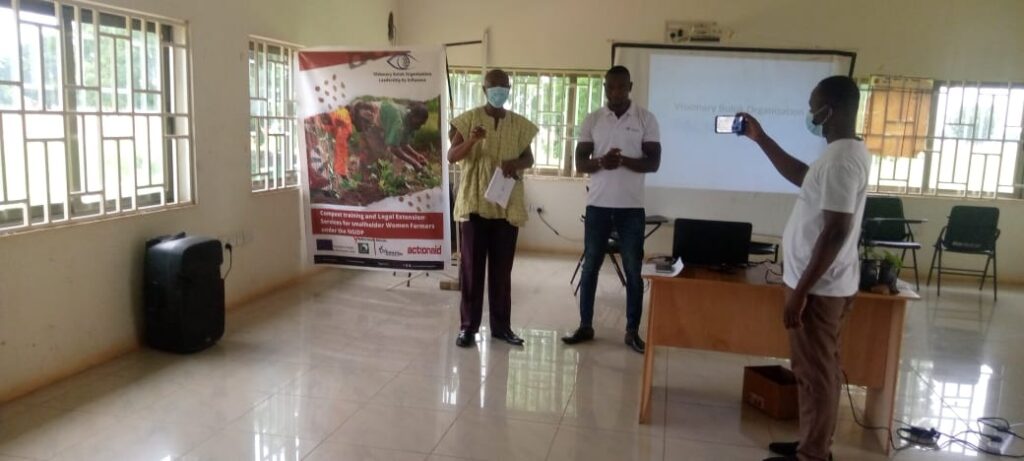
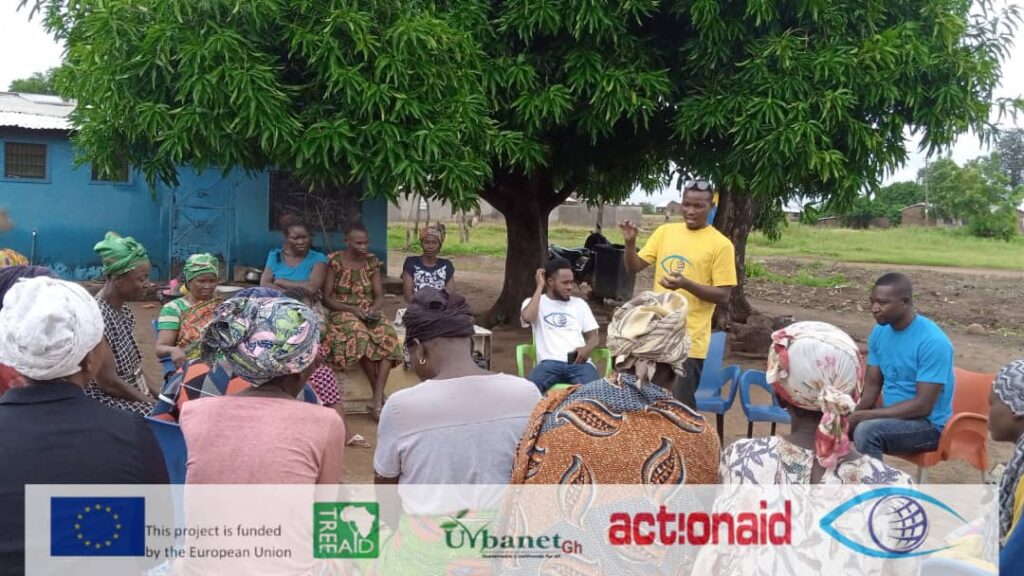
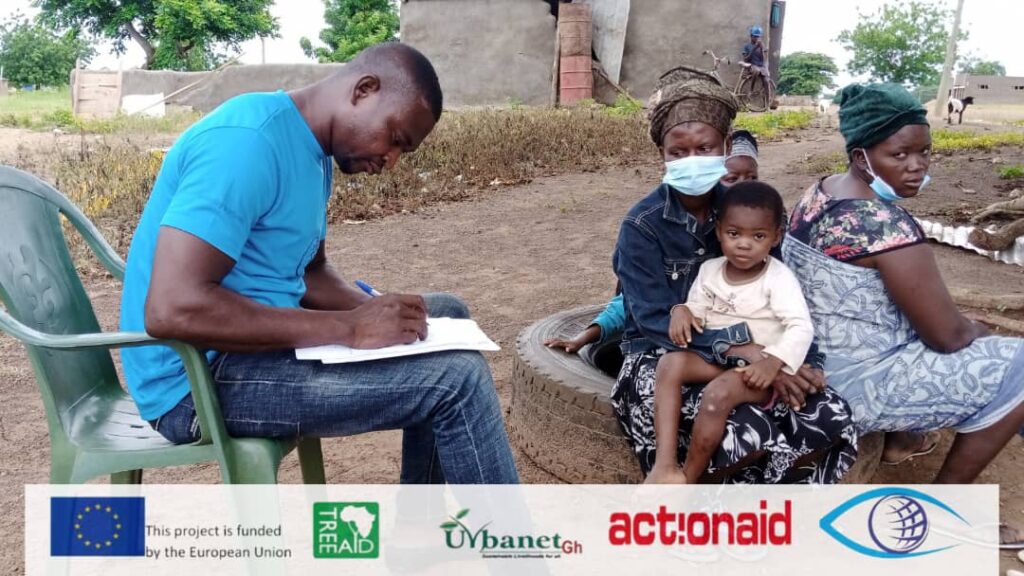
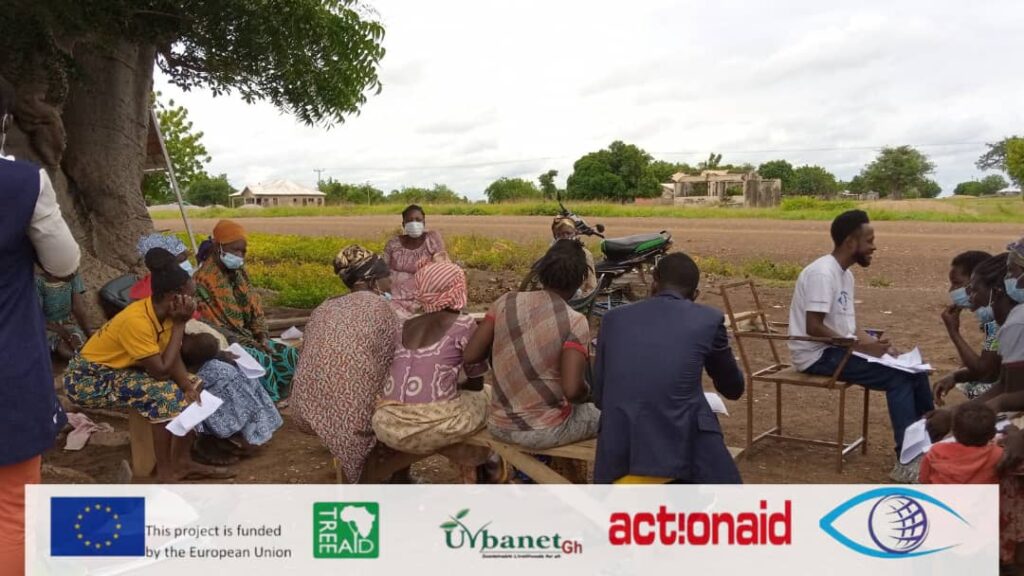
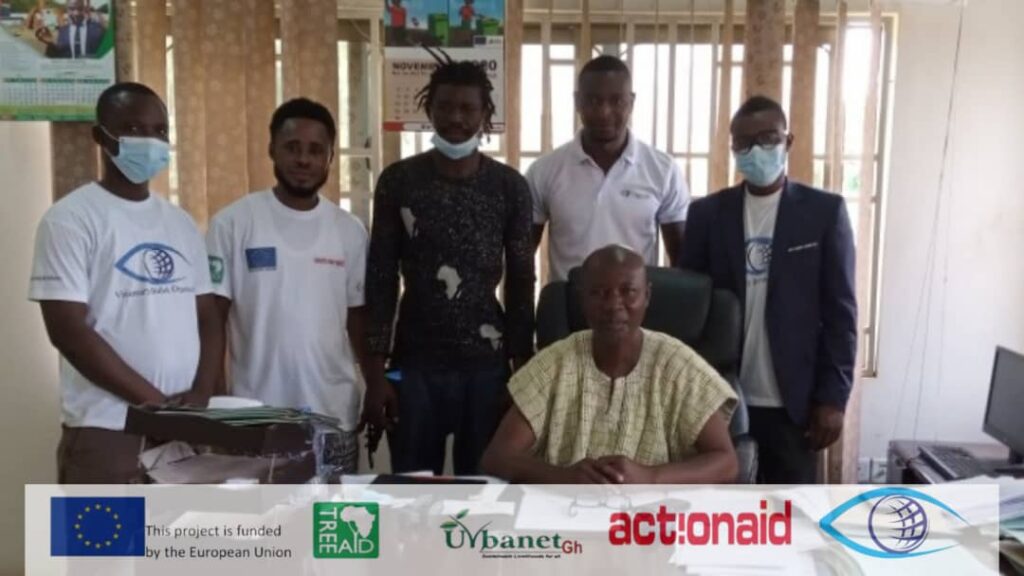
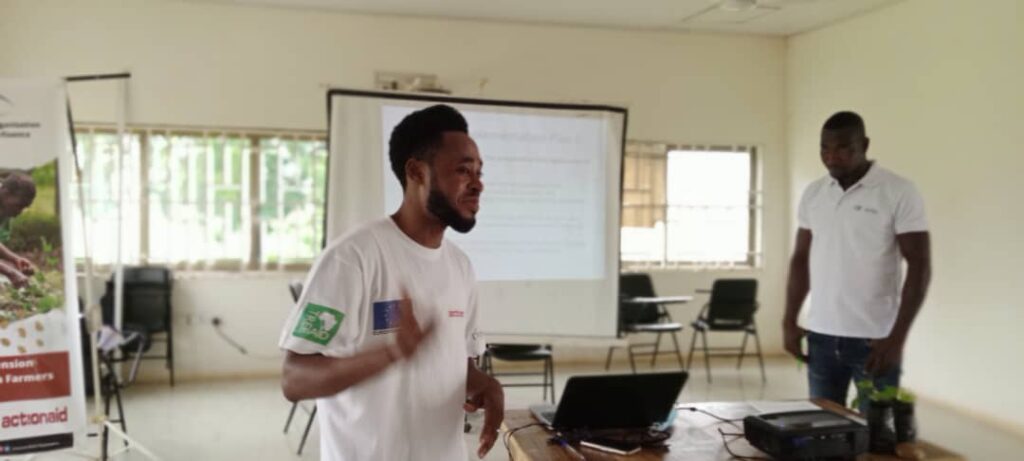
To tailor the project to the specific needs of women farmers, comprehensive research was conducted. This research aimed to identify the primary challenges faced by these farmers and develop an effective advocacy strategy. The findings highlighted several barriers, including limited access to legal resources, lack of awareness about agricultural extension services, and insufficient training on sustainable farming practices.
3. Compost Training
One of the project’s significant components was training community leaders on compost preparation. This training aimed to promote the use of organic fertilizers, which are not only cost-effective but also environmentally friendly. By equipping community leaders with this knowledge, the project ensured that these practices would be disseminated throughout the community, benefiting a larger number of farmers.
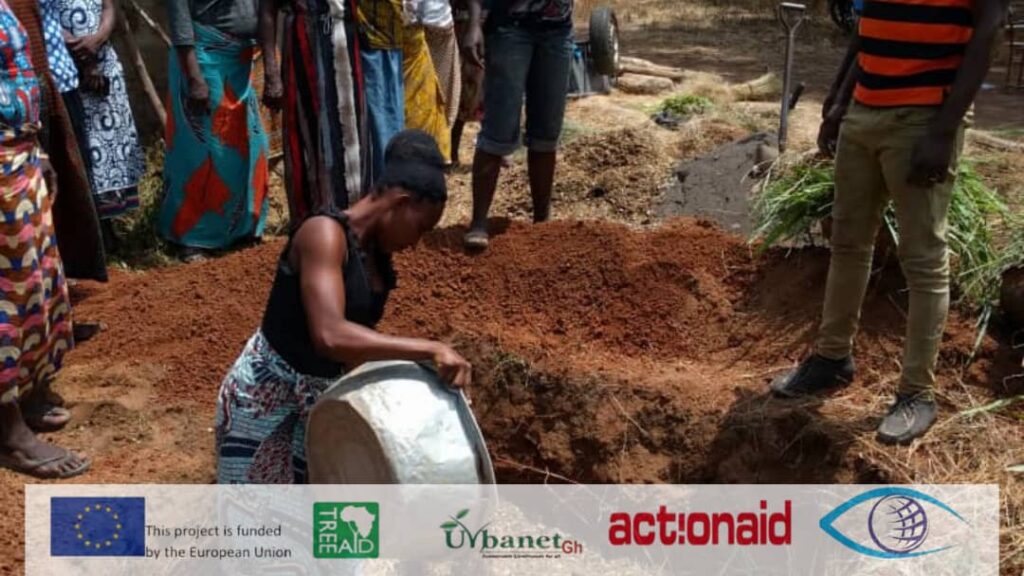
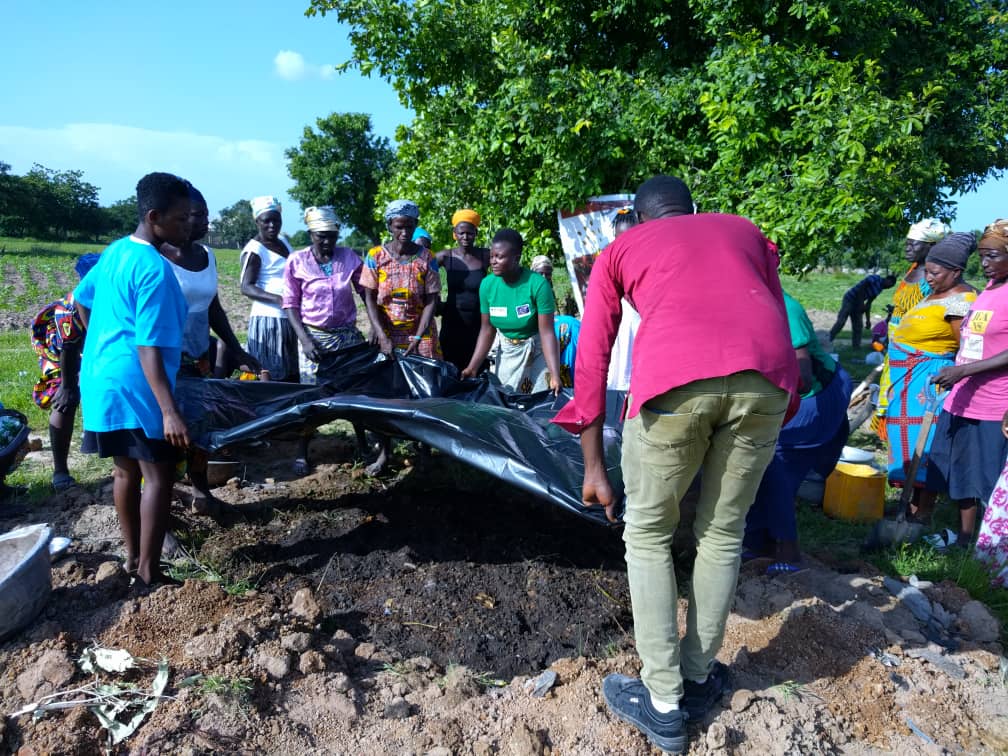
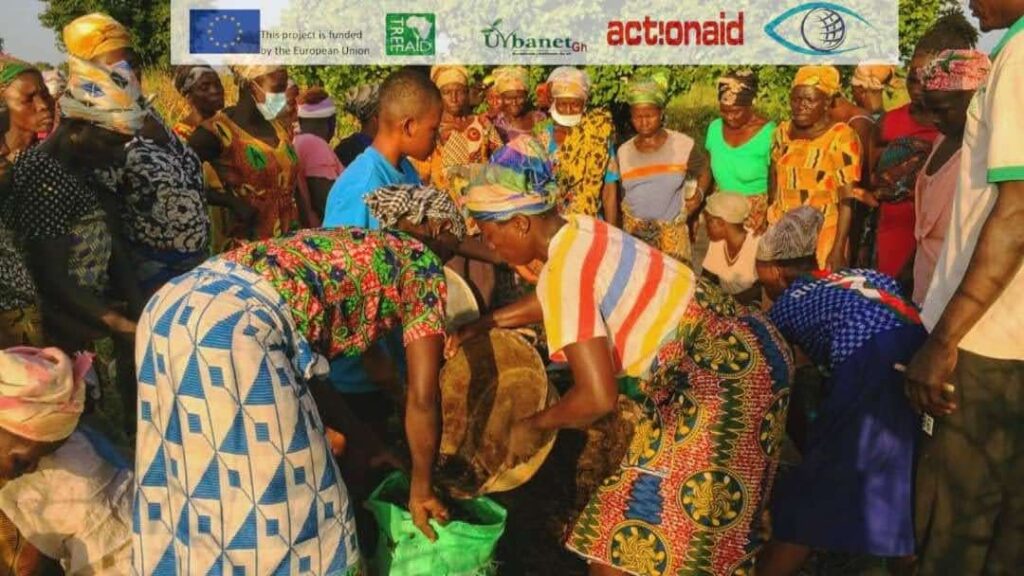
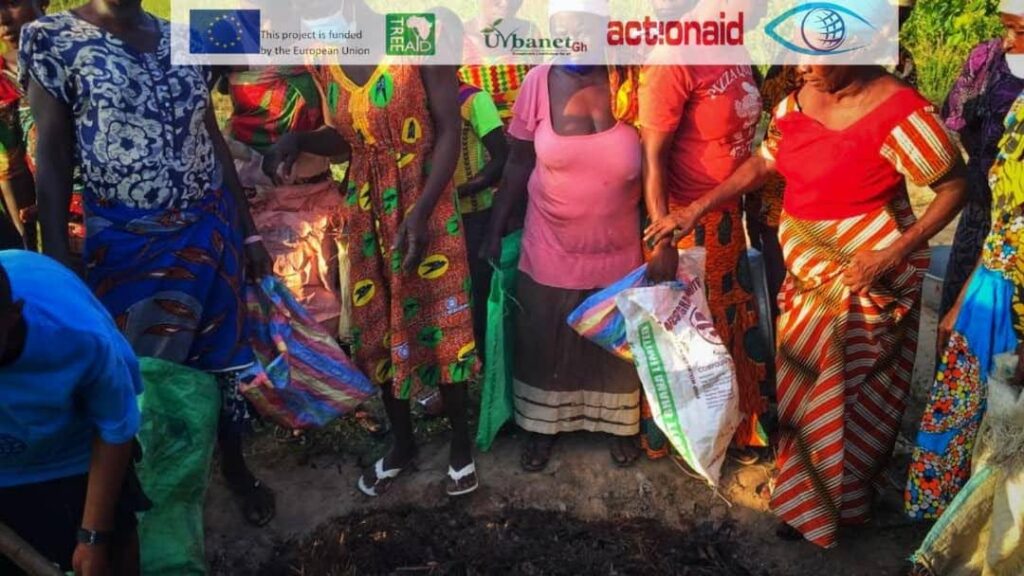
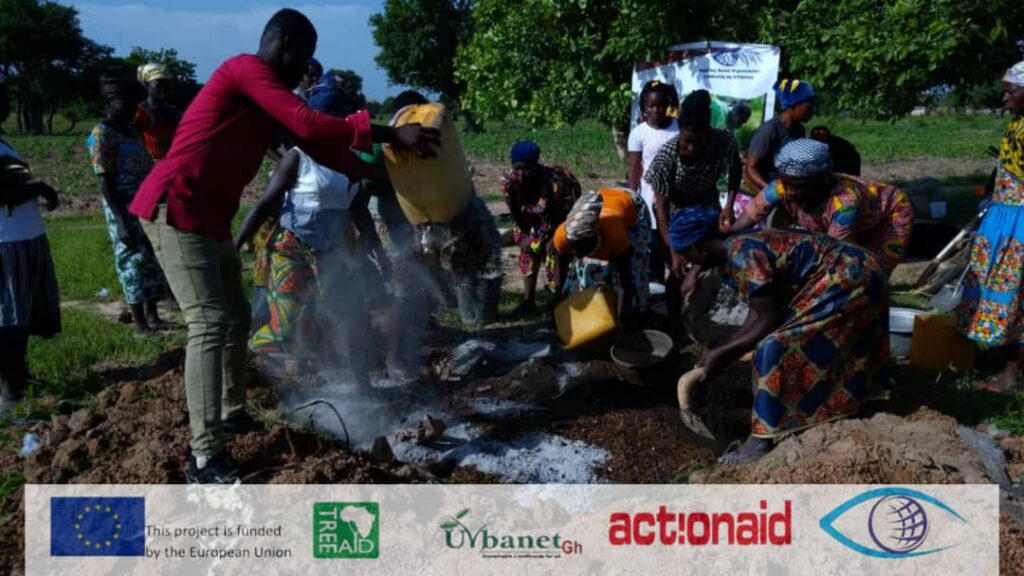
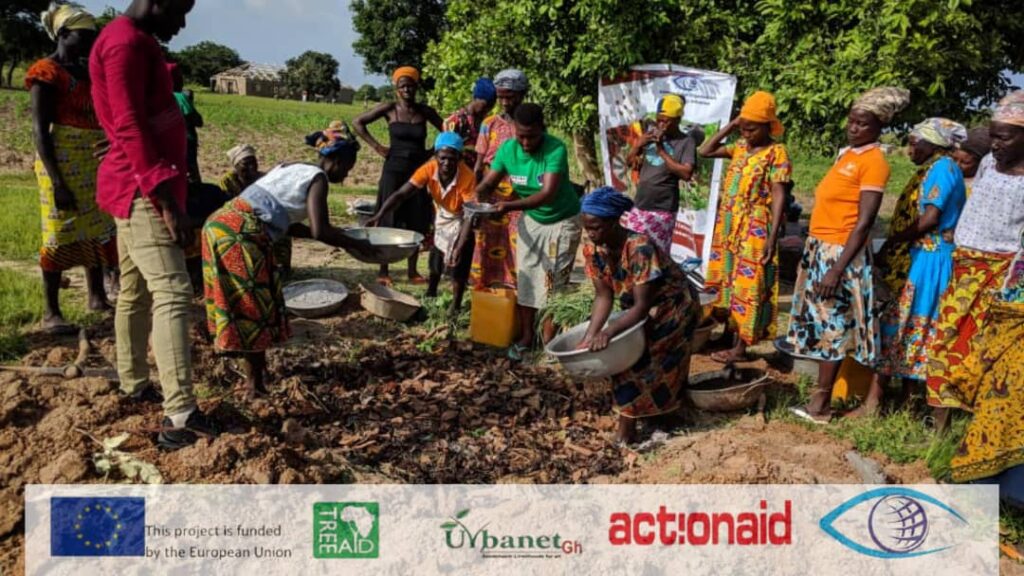
Visionary Buluk’s Community Initiative
In the heart of Builsa South District, a transformative movement is taking root. Visionary Buluk Organization, in collaboration with TreeAid Ghana and the Ministry of Food and Agriculture (MOFA), has recently concluded a series of community durbars across 20 communities. This initiative is a beacon of empowerment, promoting women’s access to fertile land for farming and advocating for their rights in child-bearing decisions.
The impact of these durbars is profound, as they serve not only to educate but also to break down barriers that have long hindered women’s progress in agriculture. The durbars have facilitated discussions on crucial issues and mobilized support for women farmers, enhancing their roles and visibility in the agricultural sector.
As we reflect on the success of these community gatherings, it’s clear that the path to gender equality in agriculture is being paved. With each durbar, more voices join the chorus calling for change, and more hands are ready to till the land. Visionary Buluk’s commitment to this cause is unwavering, and the seeds of change they have planted are sure to yield a bountiful harvest of equality and prosperity.
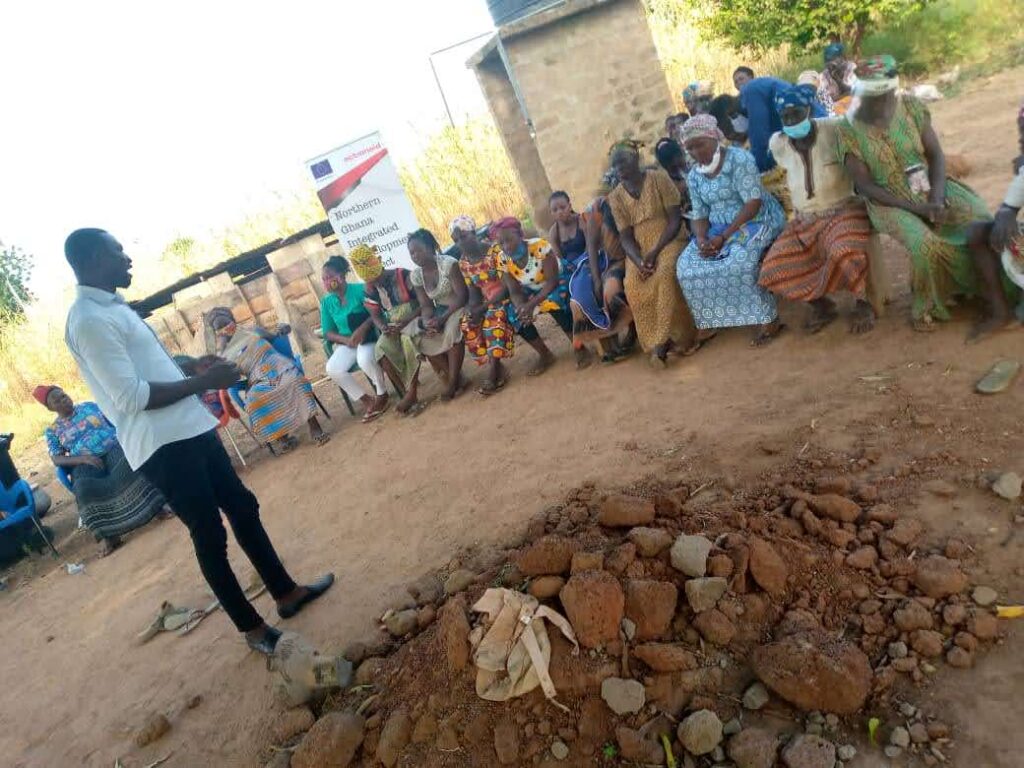
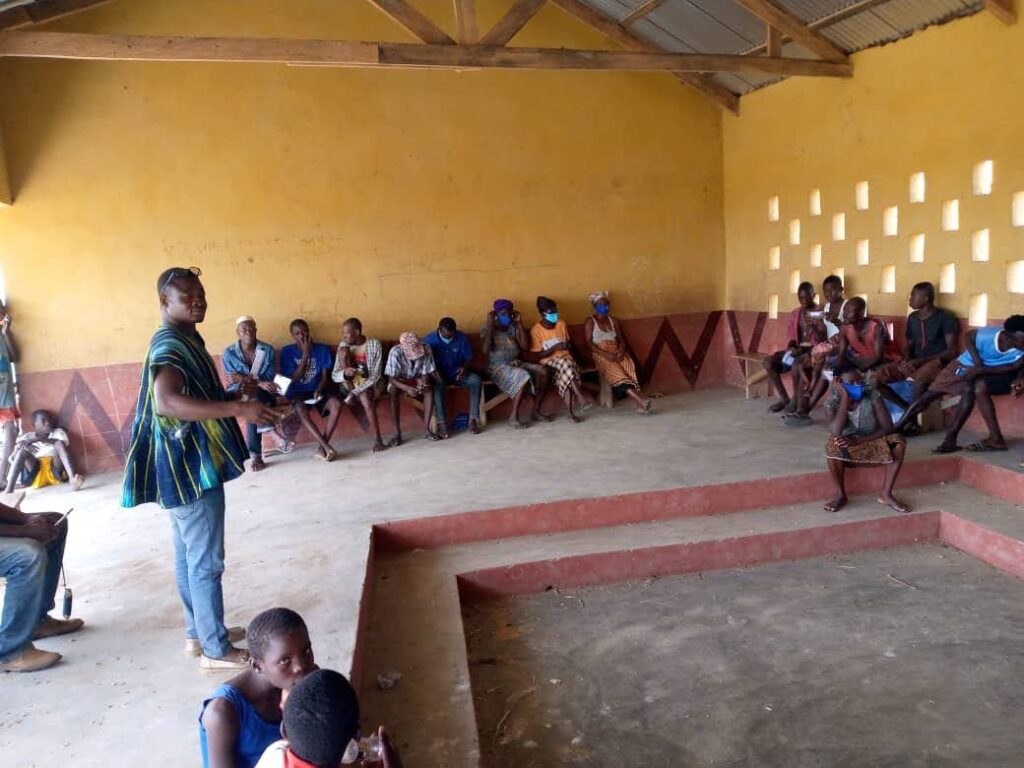
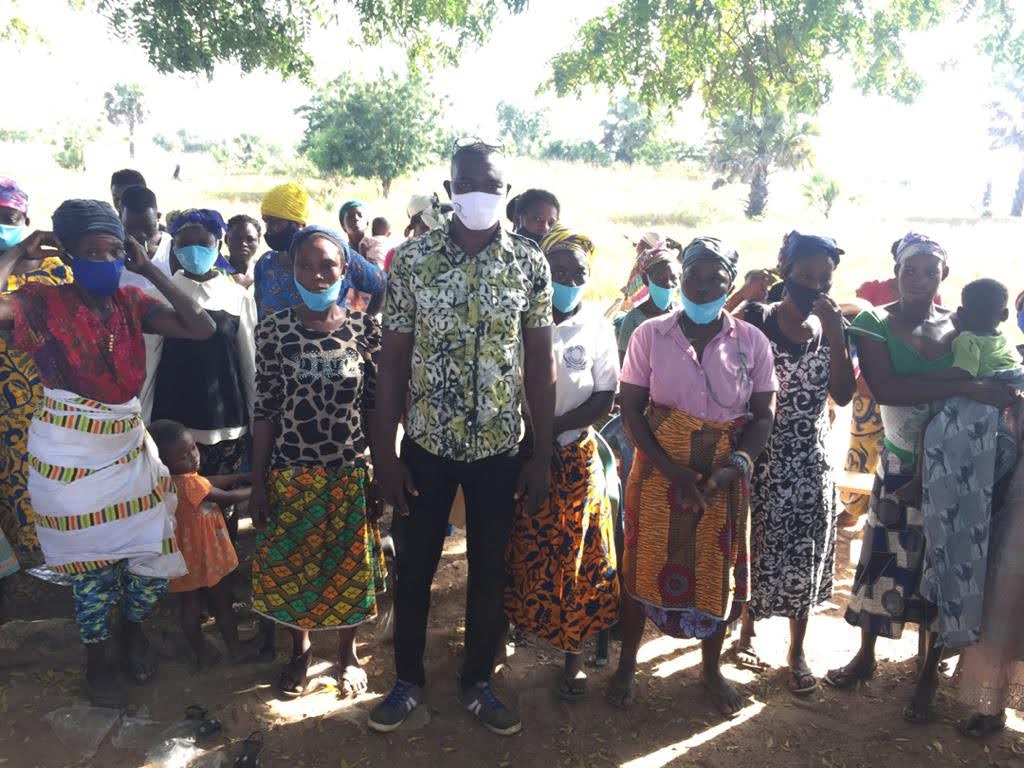
Conclusion
The projects aimed at improving smallholder women farmers’ access to agricultural extension services and promoting gender equality in agriculture through community durbars in Builsa South represent significant steps towards sustainable agriculture in Ghana. Despite challenges like managing high attendance, the projects’ initial activities have set a strong foundation for future efforts. The community’s responsiveness and participation underscore the potential for impactful change when women farmers are equipped with the right resources and knowledge.
Looking Ahead
Moving forward, it is crucial to build on the initial successes of these projects. Ensuring consistent funding, expanding training programs, and continuously engaging stakeholders will be vital. By doing so, we can empower more women farmers, promote sustainable agricultural practices, and contribute to the overall development of Ghana’s agricultural sector.
Stay tuned for more updates on the progress and impact of these projects as we continue to champion the cause of smallholder women farmers in Ghana.

